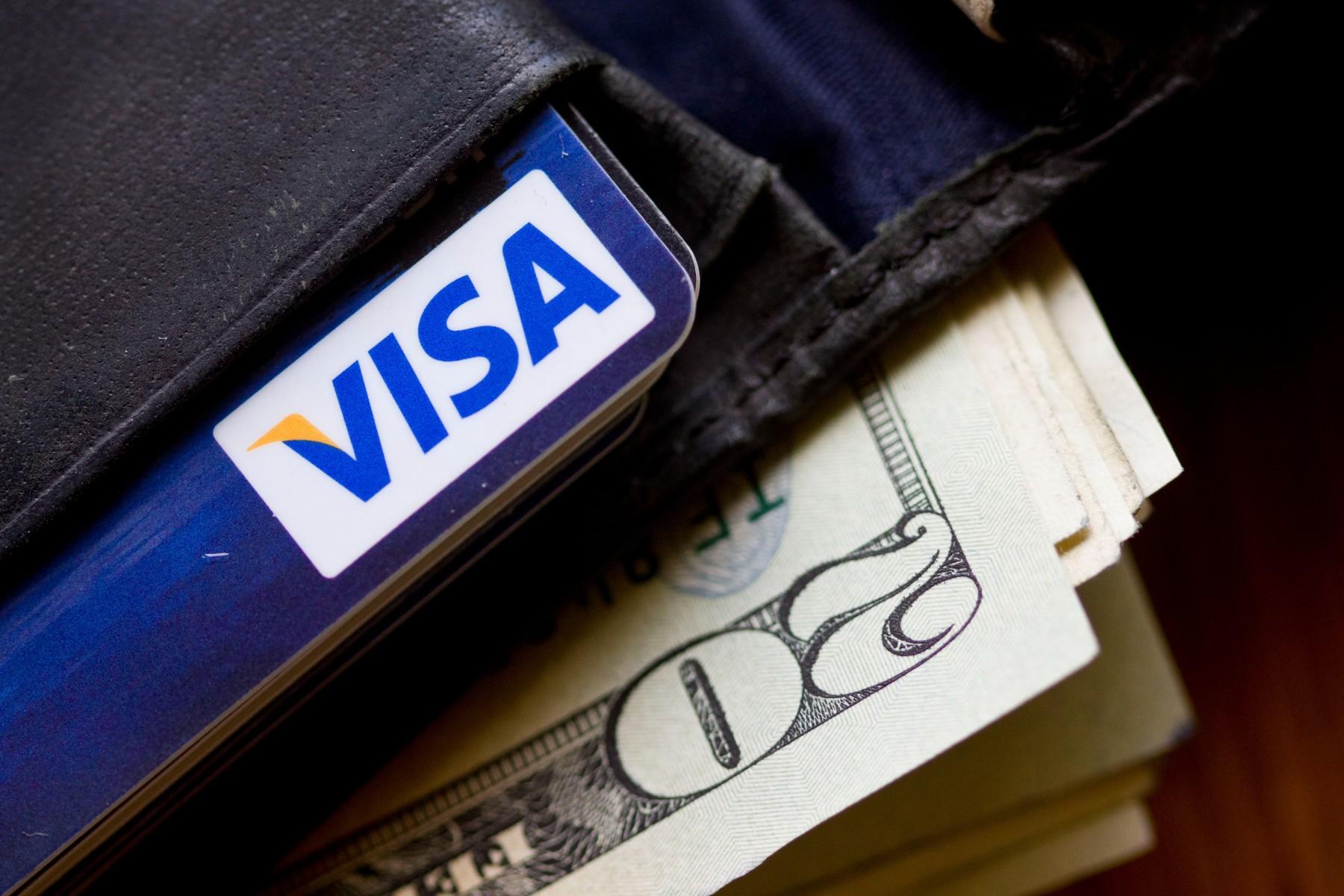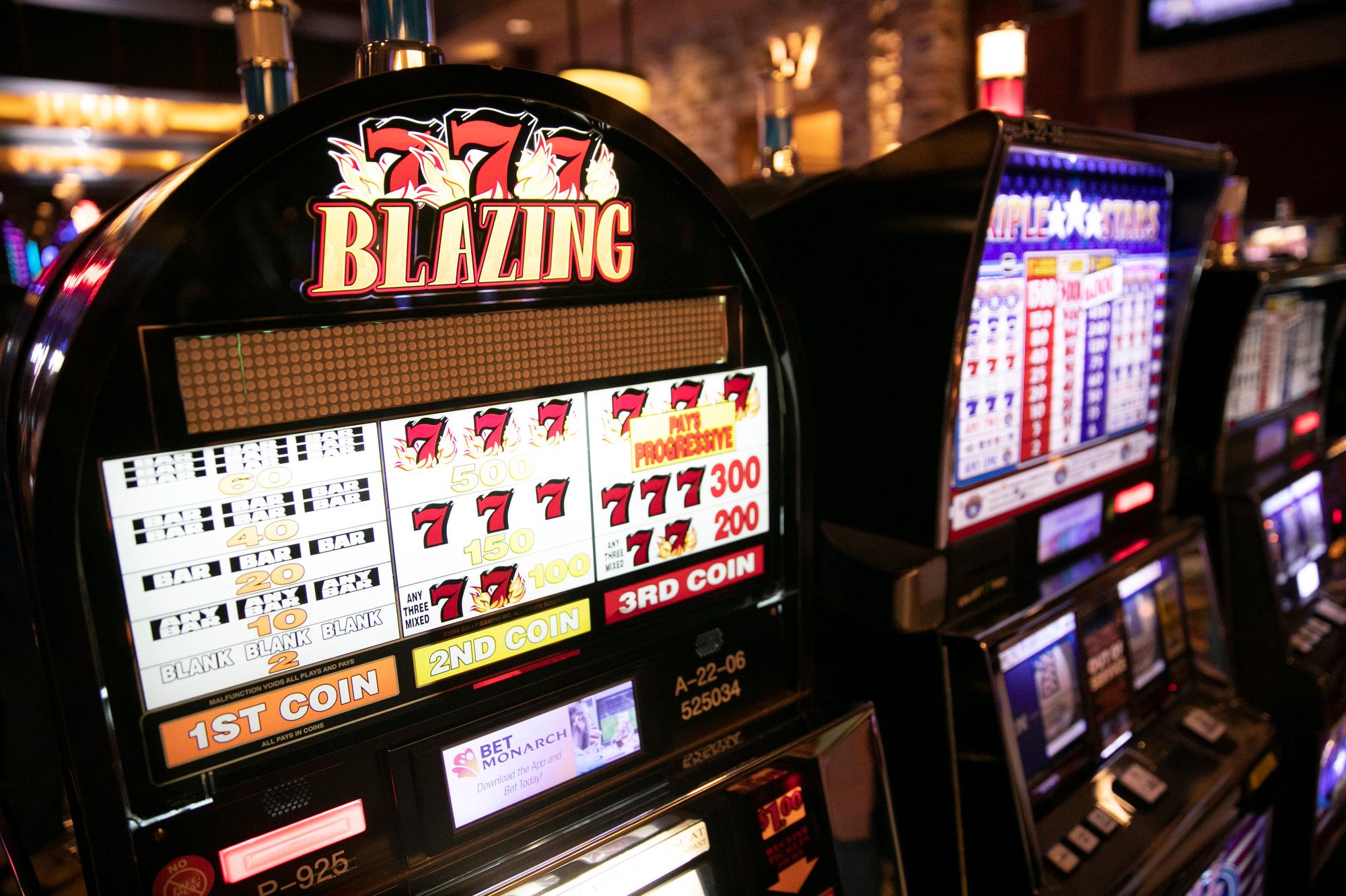 Prostitution is thriving in Denver -- but it’s been hard for authorities to know exactly how active this shadowy industry is here, until now. A report out today from the nonpartisan Urban Institute says the city’s underground sex economy was worth about $40 million in 2007, the latest data available.
Prostitution is thriving in Denver -- but it’s been hard for authorities to know exactly how active this shadowy industry is here, until now. A report out today from the nonpartisan Urban Institute says the city’s underground sex economy was worth about $40 million in 2007, the latest data available.
The research comes as part of a study of the so-called “underground commercial sex economy” of eight cities: Denver, Atlanta, Dallas, Kansas City, Miami, San Diego, Seattle and Washington, D.C. The Urban Institute performed the three-year research study at the behest of the U.S. Department of Justice. Researchers interviewed law enforcement officials (police, criminal investigators including the FBI and state and U.S. prosecutors). They also conducted interviews with 142 convicted pimps/sex traffickers and child pornographers.
Of the eight cities studied, Denver had the smallest such market; the next largest underground sex economy was that of Dallas, at $99 million.
Lead author Meredith Dank says the size of the market may be a function of population, as Denver is the smallest city studied.
But it may also be an indication that law enforcement doesn’t have a handle on the actual size of the sex trade in Denver. In the study, Dank reported that a Denver law enforcement official said, “We are only scratching the surface of what is out there. We have seen a drastic increase pretty much every year since we keyed into it. Denver has done pimping cases forever.”
The official added that Denver police didn’t begin to understand the local sex trade until 2006 -- and that was because they had a single detective who was knowledgeable about prostitution.
Denk also cautions that the financial value of the underground sex economy does not equate to the demand for services. The value of the Denver industry fell from 2003 to 2007, as it did in four other cities studied. Denk says that may have been a function of the impending recession. Pimps and traffickers told her that they had to lower their prices. She says, "They started have to offer two-for-one specials, Veteran’s Day specials, and gas specials. They would help you fill up your tank if you purchased a sex act.”
The report breaks down each city’s underground economy into four parts -- street prostitution, escort services, Asian massage parlors and Latino brothels. Street prostitutes in Denver are often addicted to drugs, and sell sex acts for prices keyed to the prices of crack cocaine and heroin -- $20 to $40. They are loosely organized or independent. Prostitutes (primarily women, but some men) working in the other arenas typically work for pimps and traffickers, and while prices are far higher ($100 to $300 per hour) the workers may see little to none of the money they make. Pimps manipulate their workers through violence and through incentives, such as offering affection, gifts and shopping sprees.
To keep their businesses going, pimps and traffickers need to constantly find new customers -- sometimes moving girls and women from city to city, following events and laying low when police are cracking down.
They also constantly recruit new workers, which they do through social media and through more subtle tactics. Denk recounted the tale of one convicted pimp, who said he visited malls, where he would look for the least confident teenage girl in a group. Said Denk, “They look for girls who, if they were in a group of friends, were quiet and kept to themselves. They blended in to the background. So [pimps] were able to gauge their level of self-esteem based on that [observation], and they preyed on that.”
Denk says the Urban Institute hopes the report will spur efforts on the part of federal and state policy makers to increase prevention efforts -- keeping people from entering both prostitution and pimping -- and intervention efforts. She also hopes that assets seized in prosecutions can be used to provide services for victims of human trafficking.
A bipartisan bill sponsored by Denver state representative Beth McCann to toughen Colorado penalties for human trafficking is moving through the legislature. It would increase resources for prevention and for victim services.
For more, read the full Urban Institute study and "The Hustle," an Urban Institute article on the national findings.








